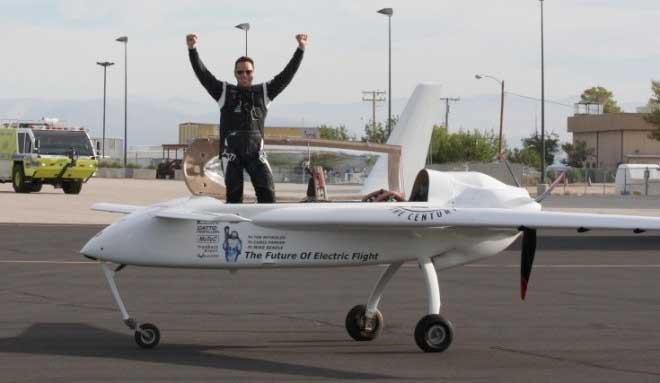Two companies, one in the U.S. and one in Germany take different approaches to electric airplanes.
Chip Yates who made history last year for going over 200 MPH on an electric motorcycle has recently made history again by going over 200 MPH in an electric airplane. Over the past year much visibility has been given to the electric car, which is now generally available from a number of automobile manufacturers. Electric flight however is still at a fairly early and formative stage of development. All the issues that have slowed the adoption of electric cars, such range limitations and the weight and power density of battery packs have applied more acutely to electric planes where these engineering challenges have a more pronounced effect. Speed demon Chip himself has noted that breaking speed records has been an important step in garnering credibility for electric transport and these types of record breaking flights have the potential to do for electric planes what Tesla did for electric cars. Chip’s recent flight on July 19th took off from Inyokern Airport in the Mohave Desert in CA. Ironically the experimental plane was powered by the same pack of electric battery cells that powered his most recent electric motorcycle records over the past year. In the big picture going over 200 miles an hour in a single engine electric prop plane may not at first seem that significant, since it was not uncommon for single engine planes in World War 2 to exceed 400 miles per hour but this does represent an important step forward for electric aviation.
Chip Yates Flight of the Century now has it’s sights set on a transatlantic electric flight using an elaborate system of mid-air battery swapping which it describes as flying battery packs. In effect UAV’s that would dock with the plane. Spent battery packs would be jettisoned with parachutes and have a retrieval system would allow for their recovery. This creative way around in current battery technology may still be a few years away from commercialization. For the time being even with some of the recent advances of Lithium Ion battery packs electric flight will most likely for the next few years be confined to sport and recreational flying. As battery technology steadily improves will likely see greater commercial viability for electric flight as lithium ion batteries are improving at a rate of about 5 percent a year. Meanwhile on the other side of the ocean a European firm is readying an single seat electric for production this year.
Working within the parameters of the existing technology is PC-Aero based in Germany which will be marketing it’s single seat, single propeller ultra light electric plane later this year. The Elektra One which has already made a splash over the course of the past year has a range of about 200 miles and a cruising speed of about 100 mph. As a result of the use of composite materials the weight of the aircraft is about 440 lbs and has a weight capacity of about 220 lbs including the pilot. Close to 220 lbs of the planes weight is the lithium ion battery pack which store about 6kwh. The plane is fitted with a 13.5 kw motor which was supplied by Geiger Engineering of Germany. The plane can remain airborne for a maximum of three hours. In addition to being extremely efficient the plane is noted for having an extremely low noise level with the prop speed designed for noise reduction making it approximately 50 percent quieter then conventional gas powered ultralights.
The company this year has been testing a version of the plane with a longer wing span and solar panels which it says extend the range significantly. It also has plans for two and four seater versions, although this may be a few years away. The plane will list for a price of 145.000$. The price includes the cost of a specially designed hanger with 65 square feet of of solar panels thus allowing the plane to be completely independent of the grid. We look forward to more progress and development in the area of battery powered flight over the coming years and expect this to be an increasingly viable prospect as power density of batteries steadily improves.
Electricfication of Flight
Click To View Images:
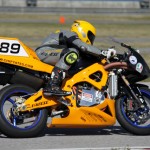
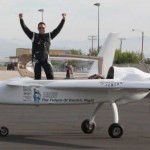
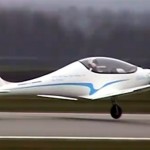
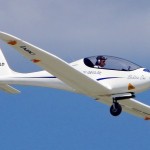

Article Written By David Mazovick

